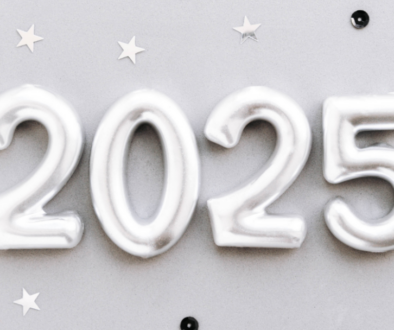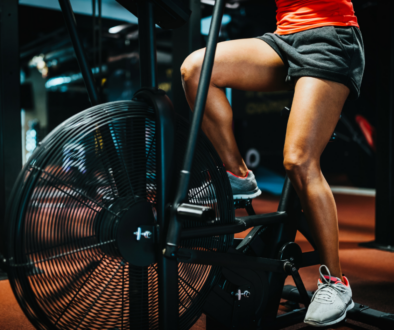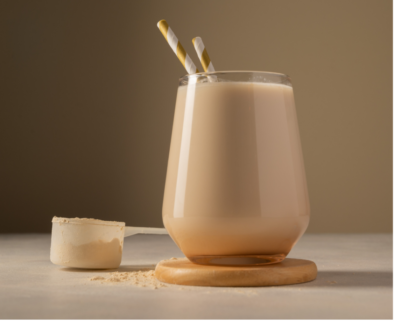3 Muscle-Building Supplements
 If you have a fat-loss goal you know you also have a muscle-building goal. Don’t focus on losing weight because that will lead to unhealthy actions: cutting calories too low, doing excessive cardio, or falling for bogus scams like fat-burners, cleanses, or fasts. Instead, focus on building lean muscle. And that means strength training plus muscle-building supplements:
If you have a fat-loss goal you know you also have a muscle-building goal. Don’t focus on losing weight because that will lead to unhealthy actions: cutting calories too low, doing excessive cardio, or falling for bogus scams like fat-burners, cleanses, or fasts. Instead, focus on building lean muscle. And that means strength training plus muscle-building supplements:
Muscle-Building Supplement #1 Protein
When it comes to building muscle, the number thing you need in your diet is protein. You can get all of your protein from whole food. But are you? If you’re not, you’ll benefit from adding a protein supplement to your daily nutrition routine, especially if you’re plant-based like me. If you have a sweet tooth, the added perk for you is that you can use protein powder to make a sweet treat that actually supports your fat-loss goal. My favorite protein is vanilla Sunwarrior. I make smoothies and a yummy protein mousse with plant-based yogurt.
If you don’t like smoothies or you’re not interested in all the ingredients or sweeteners in vanilla protein powder, I highly recommend pea protein. It has a great flavor and texture and mixes well in soups, stews, sauces, dips, and more and has only one ingredient. You can make any meal high-protein by adding a scoop of pea protein.
Bonus protein supplements you can add are Nutritional Yeast and PB2.
Muscle-Building Supplement #2 EAA’s
Amino Acids are the building blocks of protein. There are 20 different amino acids, 9 of which are essential (EAA). Essential means your body can’t make them and you have to get them through diet. Animal protein (including dairy and eggs) and soy are complete protein sources. If you’re getting the majority of your protein from plant-based sources, which are incomplete, you could benefit from adding an EAA supplement to fill in any missing gaps. I take mine pre-workout. The only time of the day you shouldn’t take EAA’s is before bed because it could disrupt sleep (because it affects tryptophan).
Muscle-Building Supplement #3 Creatine
Lastly, creatine has been a staple supplement for years in the world of strength training. It’s well-researched, safe, effetely, and inexpensive. Creatine is made from amino acids and you get it through animal protein sources. Some protein supplements may have added creatine as well. Creatine helps your cells produce ATP (energy) faster. This allows you to get a few more repetitions or lift a little more weight. The idea is that this little bit of extra work for weeks, months, and years of training will give you compounding benefits.
Creatine will cause your muscle cells to hold extra water. Now, this isn’t the type of water retention that makes you feel bloated or makes your rings not fit. Extra water in your muscles (which are 70% water!) gives you that fullness to your shoulders, glutes, and all those places where you actually want to see your muscles.
Additional benefits of creatine include improved memory and cognitive function in older adults, favorable effects in the progression of arthritis, and it may increase bone density.
Look for creatine monohydrate. Take 3-5g/day. The loading phase is not necessary. Take it every day. Post-workout seems to be a little better. I add it to my post-workout smoothie. Since it’s causing extra water retention, you need to make sure your daily water intake is on-point. When I started taking creatine again, I increased my daily water intake to about a gallon per day.
If you have kidney or liver issues, asthma, or a compromised immune system, skip it.
As with all supplements, do you own research and talk to your doctor.
Remember to prioritize muscle-building in your workouts and nutrition to get the results you want.
This post contains Amazon affiliate links.
Related Posts:
Are You Making These 3 Weight-Loss Mistakes?
4 Reasons You Need a Post-Workout Meal for Fat-Loss



